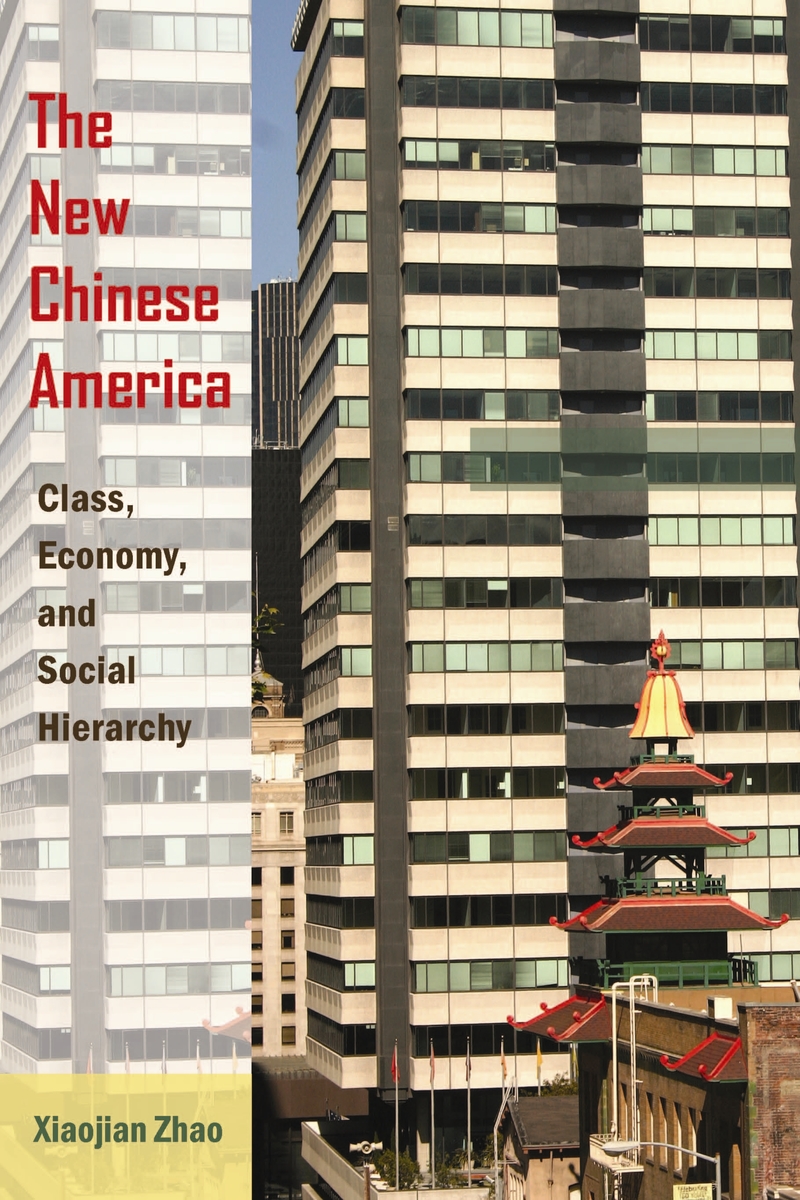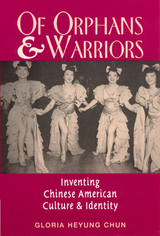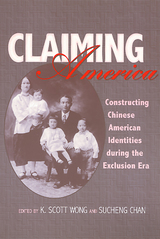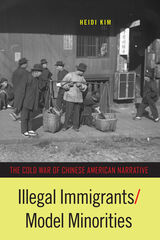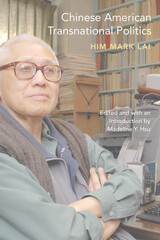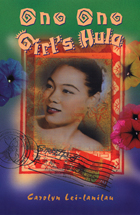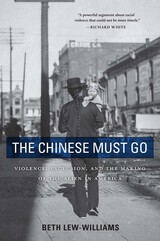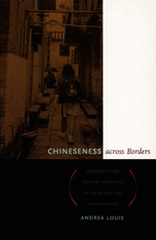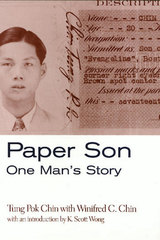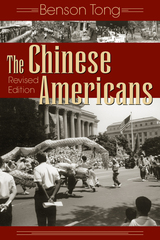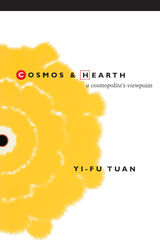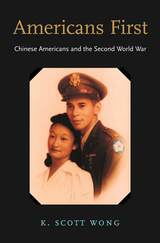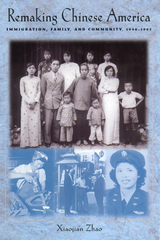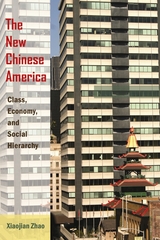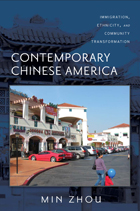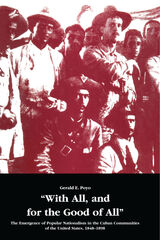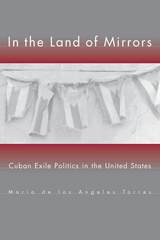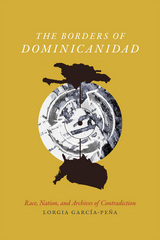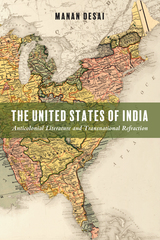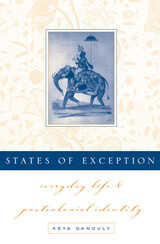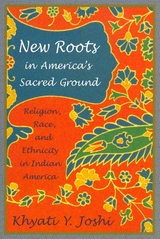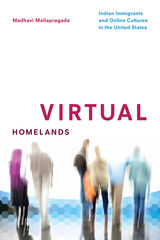Cloth: 978-0-8135-4691-9 | Paper: 978-0-8135-4692-6 | eISBN: 978-0-8135-8123-1
Library of Congress Classification E184.C5Z43123 2010
Dewey Decimal Classification 973.04951
In this detailed and comprehensive study of contemporary Chinese America, Xiaojian Zhao uses class analysis to illuminate the difficulties of everyday survival for poor and undocumented immigrants and analyzes the process through which social mobility occurs. Through ethnic ties, Chinese Americans have built an economy of their own in which entrepreneurs can maintain a competitive edge given their access to low-cost labor; workers who are shut out of the mainstream job market can find work and make a living; and consumers can enjoy high quality services at a great bargain. While the growth of the ethnic economy enhances ethnic bonds by increasing mutual dependencies among different groups of Chinese Americans, it also determines the limits of possibility for various individuals depending on their socioeconomic and immigration status.
See other books on: Chinese Americans | Class | Community life | Economy | Social classes
See other titles from Rutgers University Press
